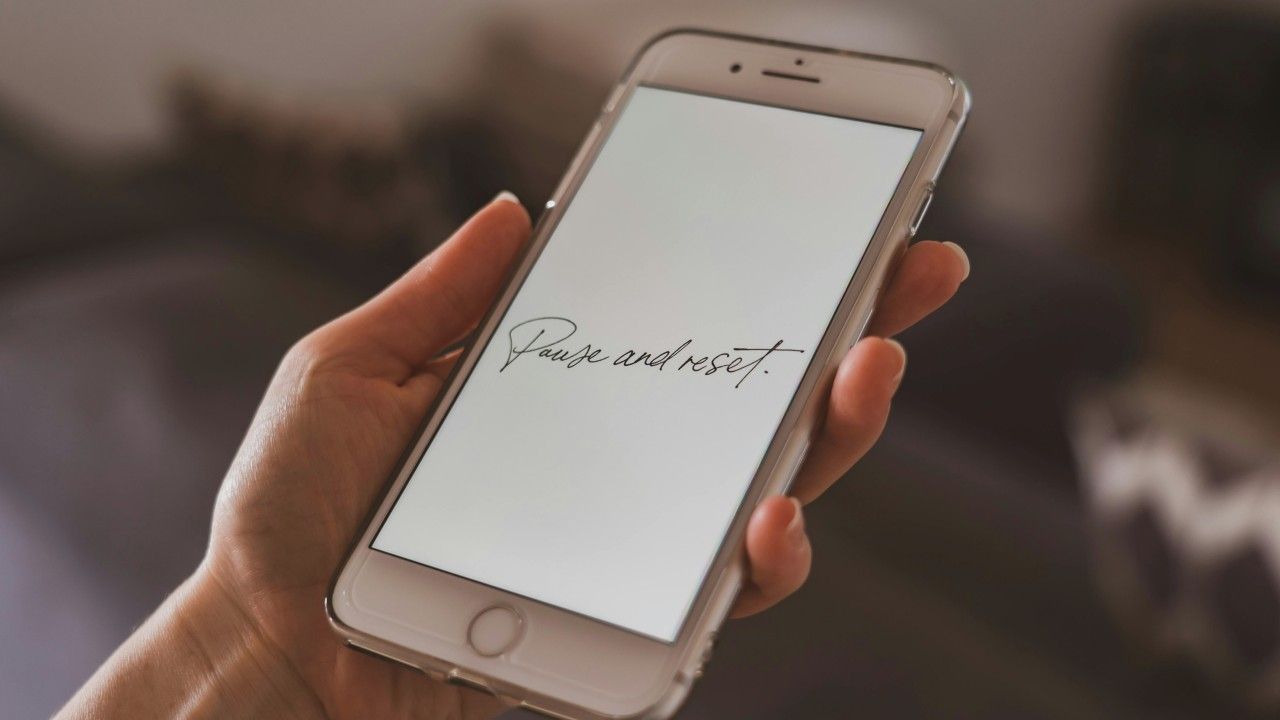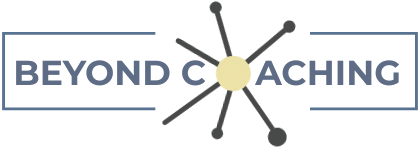Why We Can't Wait for a Diagnosis to be Neuro-inclusive
Share:
It’s World Autism Awareness Day, and I want to say how much I appreciate all of you who are actively supporting your autistic employees and team members.
In my trainings, I often hear some version of, “I’m happy to do whatever my people need to support them.” And, of course, that’s a great place to start. But, we can’t wait for diagnosed individuals to tell us what they need in order to create a supportive environment. This isn’t just about autism, it applies to all types of neurodivergence.
Here are a few reasons why:
- They may be afraid to disclose their diagnosis. You may be open and supportive, but these diagnoses still carry stigma and a lot of assumptions. That can make it hard to speak up.
- They may not know they’re neurodivergent. If you’ve never been exposed to the language or information, you don’t realize there’s a name for the way your brain works. I coach people of all ages (including folks in their 70s) who are just now discovering they’re neurodivergent.
- They may not know what they need. I once spoke to someone with a recent autism diagnosis who worked up the courage to tell their employer. The employer was very supportive and responded, “Happy to help. Just tell us what you need.” But this was all new to them, too. They had no idea what support would benefit them.
- There can be huge hurdles to getting a diagnosis.
- It can be hard to find a provider qualified to diagnose adults.
- It’s often expensive and not covered by insurance.
- And if it is covered, the insurance company might refuse to cover and evaluation saying, “You’ve made it this far in your life, why do you need a diagnosis now?”
So, thank you for your acceptance, your support, and your willingness to learn.
And on behalf of those who don’t know they’re autistic yet...or who don’t know what they need, maybe take one more step. You could even ask ChatGPT a few simple questions like:
- What challenges might someone who is autistic face in this environment?
- What are some easy things I could try to better support them?
Try out a few of those strategies. See what happens. (Hint: They almost always help more than just neurodivergent folks. Neurotypical people appreciate them too.)
P.S. If you’d rather get support from a human (hi 👋) with more than 20 years of experience working with all kinds of neurodivergent brains, you know where to find me.
Ready to LEARN MORE?
Set your yourself up for success.
Neurodiversity Unboxed: Insights and Strategies for Inclusive Workplaces



